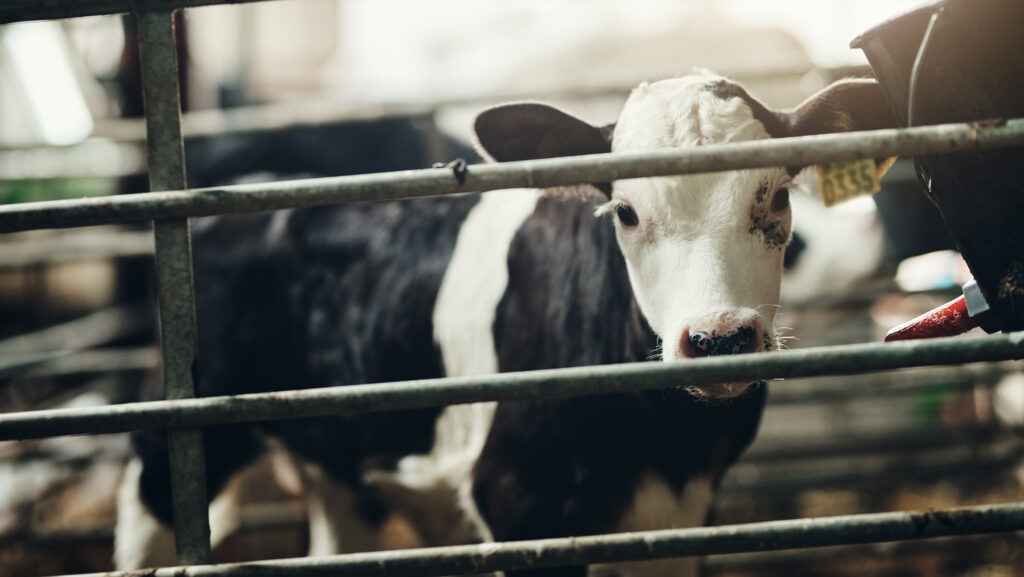Calf slaughter figures fall 17% as beef price hits 524p/kg
 © AdobeStock
© AdobeStock Easing costs and a surging beef price has turned profit fortunes around for marginal calves this year, helping to cut calf slaughter figures by 17% from its 2021 peak.
Defra’s calf slaughter data from January to September was 65,000 head, the same figure reported in 2020.
This is down from a peak of 79,000 head for the same period in 2021, followed by 75,000 and 73,000 in 2022 and 2023.
NFU livestock board chair David Barton said this pleasing trend was down to stronger market returns, better calf rearing protocols and a strong red meat market.
See also: Falling stock numbers in Scotland raise fears for farmers
He added: “Suckler cattle numbers are declining, and we can’t rely on dairy calves alone to meet this demand.
“We also need to ensure all calves are fit for the beef supply chain, for example through practices such as feeding calves colostrum within six hours of birth.”
Some of the factors supporting returns in calf rearing have been:
- Milk powder Energy price spikes make powdering milk an expensive process. Calf rearers have seen a fall in milk powder prices of £400-£500 or thereabouts since the peak of the market. Powder prices have been rising again in recent weeks.
- Grains Feed wheat has come back £90-£100/t over the past two years, currently sitting at about £185-£192.
- Beef trade O-grade carcasses have traded for northwards of £5/kg this autumn, 20-30p/kg up on the year (£60-£90 on a 300kg carcass).
Autumn trends
Jonty Cliffe, calf auctioneer at Barbers Auctions, said calf throughputs and averages were both higher than a year ago at Market Drayton, at its sale of three-to-four week-old calves.
But he said the past six weeks had seen calves lose £50 a head in value as winter approached.
He said dairies could afford to sell calves a week older, which was lifting the value.
He also noted that demand had been helped by people moving into calf rearing after getting out of milk production.
Continental calves have averaged £370, whereas last year averages were closer to £250, he added.
